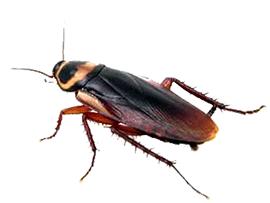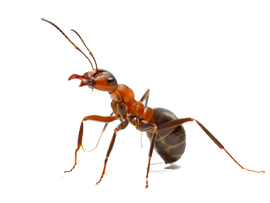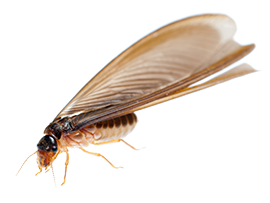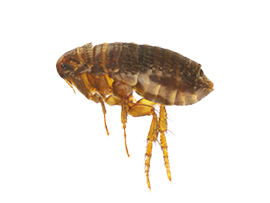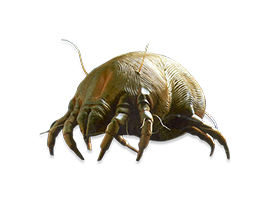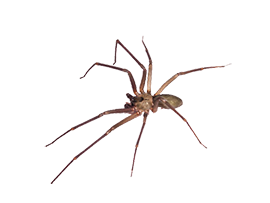Welcome to Brian Morris Professional Pest Management!

My name is Brian Morris, a native of Jupiter, Florida. I have been helping people with pest problems for over 15 years. We are fully licensed, insured and experienced to care for all your pest and termite needs...and "we want to work for you!"
Our services are people and pet friendly... and we always guarantee our work. Call us now for quick response and service!
We have happy customers from Jupiter, Tequesta, Jupiter Island, Palm Beach Gardens, Juno Beach, North Palm Beach and south to West Palm Beach.
Our 3 Step Process...

A Comprehensive Inspection and Evaluation.
We start with a detailed inspection of your home or business to identify and evaluate what makes your situatiion unique, what kind of waste removal issues or structural conditions may exist that can attract pests, why you have intrusion on some floors but not on others — anything that points to how and where pests are entering, or why they might want to.
Then we evaluate your building materials, proximity to other contributing factos, specific climate and soil conditions along with any other red flags conducive to pest intrusion.

The Right Treatment For Your Needs!
Based on our comprehensive evaluation, we develop a custom program that suits your specific requirements.
We emphasize offensive techniques, such as physical barriers, sanitation concealment and non-chemical options to help eliminate pests problems before they become troublesome. You will receive tips and suggestions on how to keep your home or business from being volitile.
When selecting a teatment product, we utilize the most effective with the least environmental impact possible. We use the latest systems and technology to address the source and solution.

Ongoing Monitoring and Protection.
Our prefessional pest management team are nothing more than a phone call away, to ensure 365 days a year of ongoing pest free effectiveness.
We routinely monitor and inspect whether your treatment plan is always the right choice for you.
We constantly check for any and all new conditions that could present themselves and usually will catch them before they become a nusiance. We value good communication with our customers and will always document our services and recommendations.
You and your family will be in good hands with Brian Morris Professional Pest Management!


